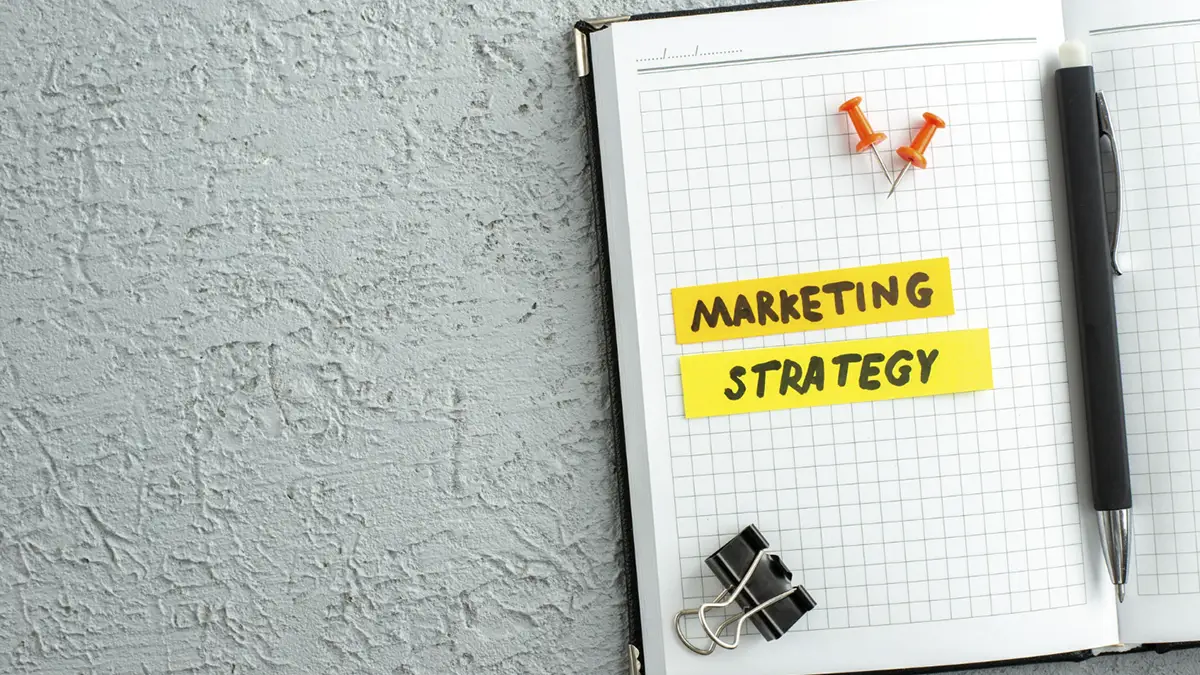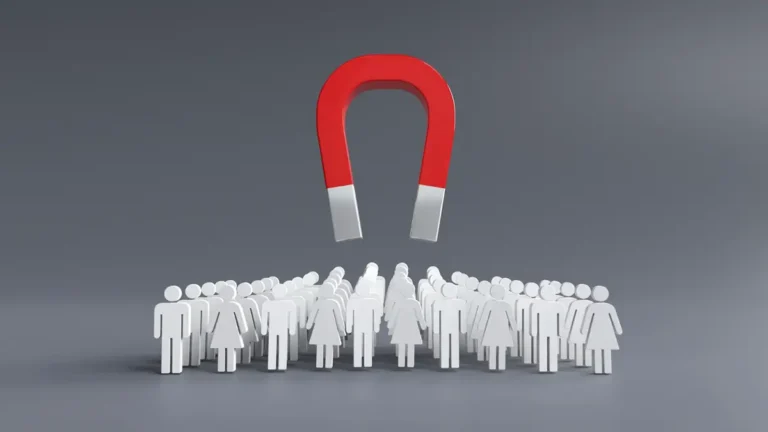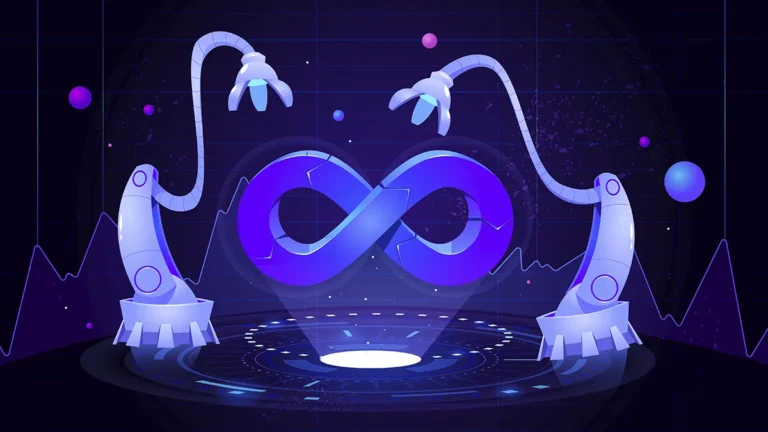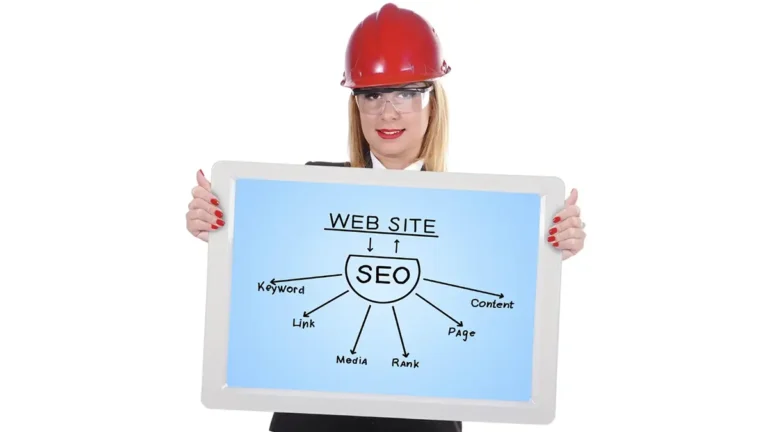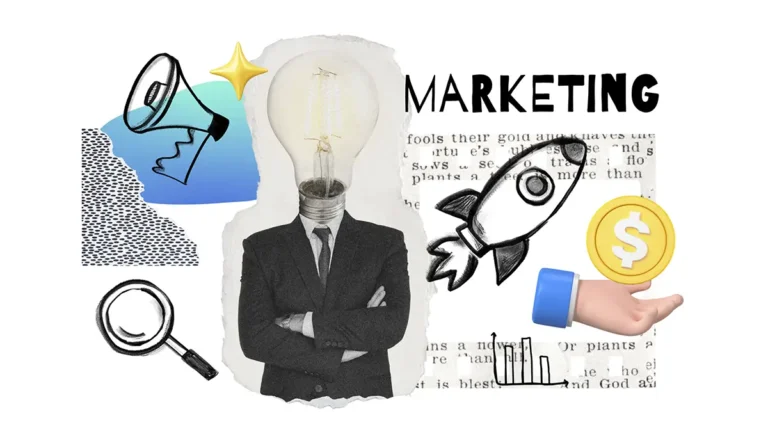Marketing Strategies for Event Planners (2025 Guide)
The market is crowded, and visibility is key. You might create amazing events, but if clients can’t find you, trust you, or see your value, they won’t book. That’s where smart event marketing strategies for event planners come in. Marketing is what helps you stand out in a competitive market.
The stats show why marketing is critical. In 2024, experiential marketing spending will hit $128.35B, a 10.5% rise from 2023 (Marketing Dive). Event planners who invest in effective marketing strategies are the ones who thrive.
With your operations in place, visibility should be your first step. This guide walks you through actionable event marketing strategies designed to attract and engage the right audience. Learn how to build trust, get noticed, and turn interest into confirmed bookings.
Why Event Marketing Strategies Matter for Event Planners in 2025?
Marketing is essential for event planners. It drives growth, builds your brand, and expands your audience. It helps you stand out in a crowded market, attracting clients who align with your services.
- ROI
Marketing ensures measurable returns. It drives attendance, boosts engagement, and generates quality leads. Effective marketing fills events and attracts the right clients, leading to higher returns on investment.
- Brand Visibility
Without marketing, even the best events can fade into the background. Consistent marketing keeps your name visible, ensuring you stay top of mind when clients are ready to book.
- Audience Building
Effective event marketing strategies for event planners build a loyal audience. Engaging with your audience through marketing not only fills events but also creates repeat clients and brand advocates.
Why should event planners market their business?
Marketing helps you take control of your growth. Relying solely on word-of-mouth or referrals limits your reach. Smart marketing strategies ensure a steady flow of new clients who understand your value before they even meet you.
Marketing drive reports that experiential marketing budgets $128.35 billion in 2024, indicating that demand for well-planned events is growing rapidly.
If you are looking to scale and ensure steady business growth. Focusing on smart event marketing strategies is your first step.
Audience Segmentation & Targeting Strategies for Event Planners
Know who you are talking to. Effective marketing starts with knowing your audience. By applying right event marketing strategies for event planners, you can segment audiences by interests and preferences.
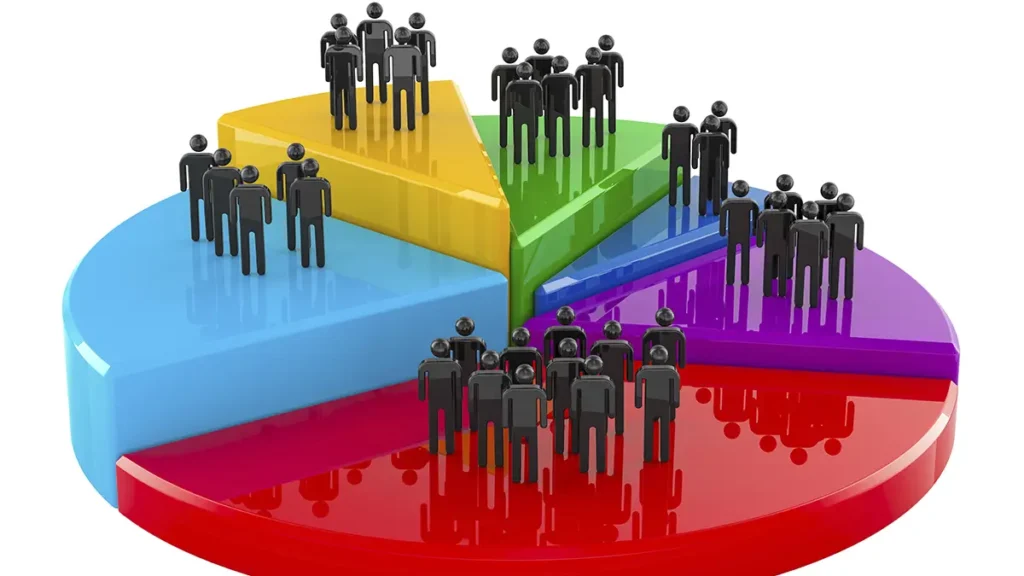
Demographics & Personas
Start with basic demographics, but go deeper to create detailed personas. A persona represents your ideal client based on data and insights. For example:
- Corporate Persona: HR managers in their 30s-40s looking for ROI and smooth event execution.
- Wedding Persona: Couples in their 20s-30s seeking unique, Instagram-worthy events.
- Community Persona: Nonprofits focused on inclusivity and impact rather than profit.
Pain Points & Event Goals
Clients book planners because they need solutions. A corporate manager wants to impress stakeholders. A bride wants an unforgettable experience; a nonprofit leader needs to maximize attendance on a budget.
Channel Preferences (Social, Email, Forums)
Understanding where your audience spends time is key. A corporate client might prefer LinkedIn, while brides are likely to be on Instagram and Pinterest. Knowing this helps you focus your marketing efforts where they matter most.
| Audience Persona | Preferred Channels | Content Type |
| Corporate | LinkedIn, Email | Case studies, success stories |
| Weddings | Instagram, Pinterest | Visual content, countdowns |
| Community | Facebook, Forums | Impact stories, community highlights |
When segmenting planners vs corporate clients, planners value visuals and creativity, while corporate clients prioritize ROI and detailed planning. Tailoring content to these needs ensures better engagement.
If you are still at the stage of defining your services and structure, read on how to start an event planning business.
Multi-Channel Event Marketing Strategies for Small Event Planners
Don’t put all your eggs in one basket.
To succeed in event marketing, your strategy needs to be diverse. Your clients are spread across multiple channels, and you should be too. Combining multiple channels in event marketing strategies for event planners helps reach the right people effectively.
Here’s how to use each channel effectively.
Social Media (organic + paid, hashtags, UGC)
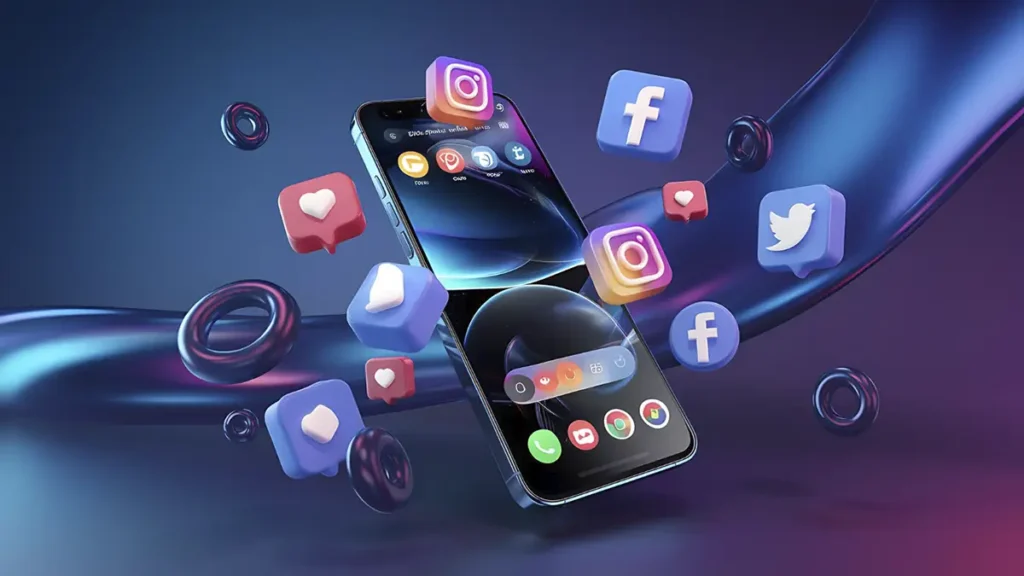
Social media is a powerful tool to engage with your audience and increase visibility. Here’s how to use it strategically:
- Organic posts: Share engaging content regularly, behind-the-scenes shots, event highlights, and client testimonials.
- Paid ads: Boost posts to reach a targeted audience and expand your visibility.
- Hashtags: Use event-specific hashtags to increase discoverability and reach a broader audience.
- User-Generated Content (UGC): Encourage attendees to share their event experiences and tag your brand. UGC builds trust and acts as authentic marketing.
Email Marketing (drip campaigns, personalization, reminder)
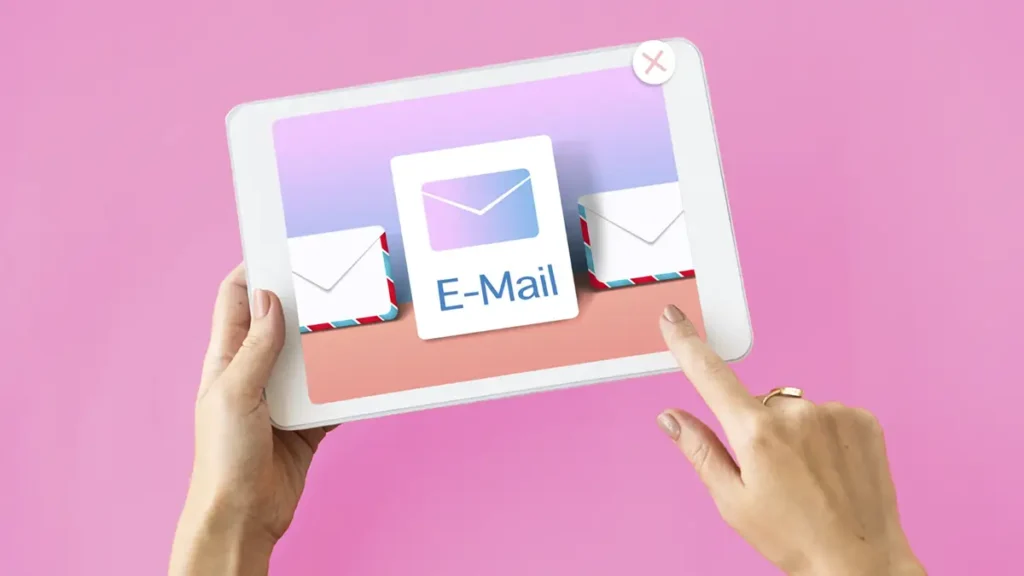
Email marketing remains one of the most effective ways to keep potential clients engaged. Here’s how to make the most of it:
- Drip campaigns: Send automated emails over time to keep potential clients engaged, from initial interest to event follow-up.
- Personalization: Use client data to personalize emails, making your messages feel more direct and relevant.
- Reminders: Send timely reminders about event details, discounts, or early-bird offers to encourage quick action.
SEO & Content Marketing (blog posts, keywords, PAA)
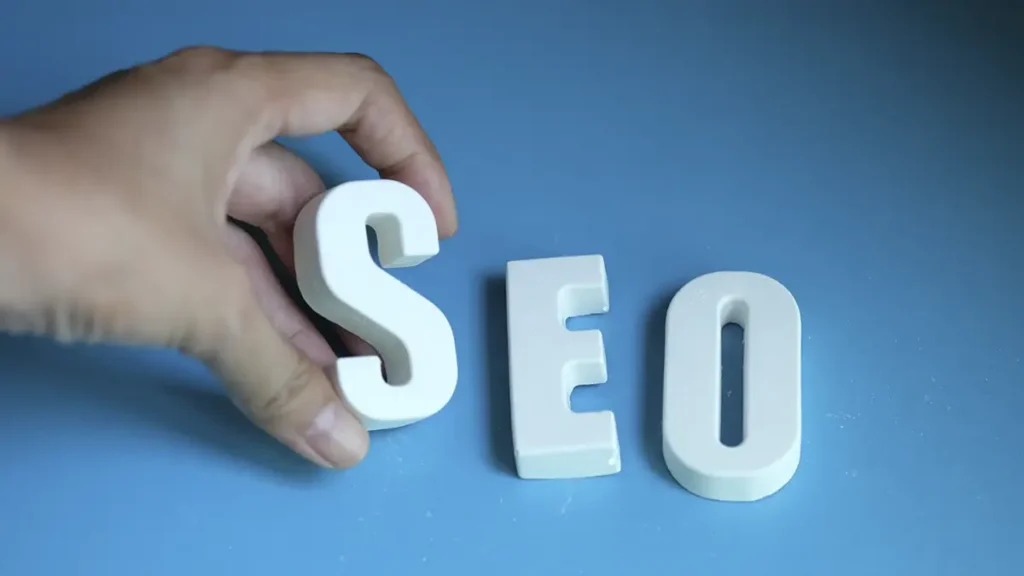
SEO and content marketing help you appear in front of potential clients searching for event planners. Use these strategies to boost your ranking:
- Blog posts: Write helpful, informative articles about event planning. Share insights, trends, and solutions to common problems.
- Keywords: Use targeted keywords like “event marketing strategies for event planners” to improve search engine ranking.
- People Also Ask (PAA): Answer common questions related to your event niche directly in your content. This helps you rank higher in Google searches.
For example: If you post an article like “10 Creative Conference Themes That Boost Attendance”, you are giving real value which shows that you care about results.
Partnerships & Cross-Promotions (vendors, venues, influencers)
Collaborating with other event-related businesses can extend your reach. Here’s how to leverage these partnerships:
- Vendors: Collaborate with event vendors to co-market and reach a shared audience.
- Venues: Partner with event venues to cross-promote and offer combined packages.
- Influencers: Work with local influencers to increase your visibility and reach new, relevant audiences.
Influencer & UGC Strategies (stories, reels, testimonials)
Using influencers and user-generated content can build credibility and expand your reach. Here’s how to use them effectively:
- Influencer stories: Invite influencers to showcase your events through live streams or behind-the-scenes stories.
- Reels: Use Instagram and TikTok reels to share quick, visually engaging content, like event highlights or client experiences.
- Testimonials: Share video or text testimonials from clients to build trust and social proof.
Here’s what a digital strategist has to say about influencer marketing:
“Influencer marketing can increase brand awareness by 80%,” says digital strategist Emma Williams. By working with influencers, event planners can significantly expand their reach and credibility.
Event Website & Landing Page Essentials
Your event’s front door must shine.
Your website is the first impression clients will have of your event. Optimizing your event website is a key part of successful event marketing strategies for event planners. A well-structured landing page boosts conversions. Here are the essentials your event website should have:
- Mobile-friendly design: Most visitors will access your site from a mobile device. Ensure it’s responsive and loads quickly on all screen sizes.
- Registration forms: Make it easy for visitors to sign up. Keep forms simple and user-friendly, so clients can register without hassle.
- Testimonials: Show real feedback from past attendees. Social proof builds credibility and trust, encouraging new clients to take action.
- SEO metadata: Optimize your website with relevant keywords, page titles, and meta descriptions. So it ranks well on search engines and potential clients can find you.
Mini-checklist
The mini checklist include:
- Is your site mobile-friendly?
- Does the registration form load quickly and work seamlessly?
- Are testimonials prominently displayed?
- Is SEO properly optimized for event-related keywords?
A clean, fast, and optimized website not only boosts conversions. But it also helps you stand out from the competition. Make sure your event’s front door is welcoming and efficient. As it’s often the first place potential clients will visit.
Engaging Content & Storytelling Hacks
Make people feel, not just know. The power of storytelling lies in its ability to build an emotional connection with your audience. Incorporating storytelling into your event marketing strategies for event planners makes your content more relatable. It also encourages deeper audience engagement. Here’s how you can use storytelling to engage potential clients:

Speaker Stories
Share personal stories about your speakers. Like why they’re passionate about their topic or what inspired them. This humanizes them and draws attendees in.
Example: “Our keynote speaker, Sarah, grew up in a small town and used her experience to launch a global non-profit. She’s here to inspire you to make a real impact.”
Behind-the-Scenes Posts
Show the preparation behind your events. Whether it’s setting up the venue or rehearsing the presentations. Giving a sneak peek builds anticipation and makes attendees feel part of the journey.
Example: “Here’s a quick glimpse of the stage setup for tomorrow’s conference, exciting things are coming!”
Attendee Profiles
Feature your attendees in content. Share their excitement for the event or their reasons for attending. This not only promotes the event but also helps your audience relate to the people attending.
Example: “Meet John, a business owner from NYC, he is attending to network and learn strategies to grow his startup.”
Countdown Teasers
Create countdowns to build urgency. Use engaging visuals or videos to remind potential attendees that time is running out to sign up.
Example: “Only 5 days left! Don’t miss out on the biggest event of the year.”
Storytelling builds emotional connections that drive action. When people feel connected to your event on a personal level. They are more likely to attend and recommend it to others. Use these strategies to make your event not just another date on the calendar. But an experience your audience can’t miss.
Email Campaigns That Convert
Emails still sell when done right.
Email marketing remains one of the most powerful tools to convert potential clients into attendees. The key is sending the right message at the right time. Here’s how to structure email campaigns for maximum impact:
- Announcement Email
The first email you send should create excitement and inform your audience about the event.
Sample subject line: “Announcing the Must-Attend Event of the Year!”
- Early Bird Campaign
Once the event is announced, offer early bird pricing to incentivize early registrations.
Sample subject line: “Save Big! Early Bird Registration Ends Soon!”
- Last Chance Email
As the event date approaches, send a reminder to those who haven’t registered yet.
Sample subject line: “Last Chance to Register – Don’t Miss Out!”
- Post-Event Email
After the event, follow up with attendees to thank them and ask for feedback. This is also an opportunity to promote future events.
Sample subject line: “Thank You for Attending! Here’s What’s Next…”
Sample Email Template
Subject: Last Chance! Register Now for (Event Name)
Hi (First Name),
Don’t miss out on the (event name) happening on (event date). This is your last chance to secure your spot and take advantage of the special pricing!
Click here to register now: (Registration Link)
We can’t wait to see you there!
Best regards,
(Your Name)
(Your Designation)
(Your Company Name)
According to a report by Mailchimp, emails with personalized subject lines have an average open rate of 50% compared to 26% for generic subject lines. Personalized emails can dramatically increase engagement and conversions.
Hybrid and Virtual Event Marketing Strategies for 2025
Hybrid and virtual events demand different tactics. As the event landscape evolves, planners must adapt their strategies for hybrid and virtual formats. These events combine in-person and digital elements, requiring specific approaches to engage both audiences effectively. Here’s how to handle each phase:
Pre-Event
Build anticipation early. Use teasers like sneak peeks, speaker introductions, and event trailers. Send step-by-step guides for virtual attendees on how to join the event. This reduces confusion and boosts commitment.
Example: “Check out our exclusive sneak peek of tomorrow’s session!”
Live Event
Engage both in-person and virtual attendees. For virtual attendees, integrate live-streaming platforms like YouTube Live or Zoom to ensure seamless participation. Use interactive polls, live Q&A sessions, and chat features to encourage real-time engagement. This increases attendee interaction and satisfaction.
Example: “Poll: What’s your favorite session so far?”
Post-Event
Extend the event’s reach with on-demand content. Offer recorded sessions for both in-person and virtual attendees to rewatch. This provides ongoing value and boosts your event’s impact long after it ends. Follow up with thank-you emails and include replay links to keep the momentum going.
Example: “Missed a session? Watch the replay here!”
Replay views often surpass live attendance, significantly extending the life of your content. For example. After virtual events, planners often see replay views, double attendance, boosting reach and generating valuable leads.This illustrates the lasting impact hybrid and virtual formats can have on your brand.
By using the right tactics before, during, and after the event, you can ensure that hybrid and virtual formats work for you. With careful planning, you can enhance engagement, increase reach, and boost the overall success of your events.
Measuring Event Marketing Impact (Metrics That Matter)
What gets measured, gets improved.
To ensure your marketing efforts are effective, you need to track key metrics. Tracking key metrics refines event marketing strategies for event planners, ensuring improved outcomes with every campaign.
Here are the essential metrics every event planner should track:
- Registration vs Visits
Compare the number of website visitors to the number of registrations. This helps determine how well your landing page and registration process are performing.
- Open/Click Rates
Track how many people open and click on your emails. This shows the effectiveness of your subject lines, content, and call-to-actions. Monitoring this ensures your messages are reaching and engaging the right people.
- Social Engagement
Measure likes, shares, comments, and hashtag use to gauge audience interest and engagement. High engagement indicates strong connection and relevance with your audience.
- Conversion Rate
The percentage of visitors who register for your event after interacting with your marketing materials. A high conversion rate means your marketing is compelling and motivating action.
Simple Tracking Template or Too
Use a basic tracking spreadsheet or a tool like Google Analytics to log metrics for each marketing channel. Track key numbers weekly to monitor trends and make adjustments as needed. Regular tracking allows you to see what’s working and where improvements can be made.
Cvent offers robust analytics tools that event planners use to track key metrics like registration, social engagement, and conversion rates. According to their blog, analytics are vital for measuring the success of event marketing strategies and refining them for better results.
Creative and Experiential Event Marketing Ideas for 2025

Want to get noticed? Create experiences. To shine in the event planning industry, you need to think beyond traditional marketing. Creative, experiential marketing ideas will not only get you noticed but also create lasting impressions on your audience.
Here are a few ideas to consider:
Pop-up Teaser Events
Create buzz before your main event by hosting a small, exclusive teaser event. This generates excitement and encourages people to sign up for the full event.
Example: A music festival host set up a pop-up concert in a city park, attracting hundreds and building anticipation for the full event.
Themed Installations
Bring your event to life with interactive, immersive installations. These can be designed to highlight your brand, create shareable moments, and engage attendees.
Example: At an art gallery event, organizers created a giant “living painting” where attendees contributed their creativity, making the experience unforgettable.
Branded Photo Walls
Set up photo opportunities that feature your brand logo and event hashtags. These are perfect for social media sharing and generate organic promotion.
Example: A charity gala had a stunning, floral photo wall that guests couldn’t resist, leading to hundreds of Instagram shares.
Sponsor Lounges Like at Festivals
Create sponsor-specific lounges or spaces where attendees can relax, network, and engage with the brand in a unique way. This builds partnerships and adds value to the event.
Example: Sponsors created VIP lounges with branded experiences, boosting visibility.
Real-world Example
At a recent tech conference, the event organizers created a branded “Innovation Wall” where attendees could contribute their ideas throughout the day. It became a popular spot, encouraging guests to interact, share insights, and even network around it. The wall generated not only high engagement during the event but also sparked conversations online. It led to a noticeable spike in social media mentions and lasting connections between attendees long after the event ended.
Conclusion
Event marketing is essential for booking more clients and building lasting relationships. This guide covered event marketing strategies for event planners designed to help them stand out effectively. From understanding your audience and utilizing multiple channels to creating engaging content, are all crucial for success.
To get started, focus on 2 to 3 channels that best align with your audience. Test your approach and experiment as needed. Track your results to see what resonates and adjust as you go.
Marketing isn’t about doing everything. It’s about consistent, right actions. Social media, emails, and website optimization move you closer. Start small today, and watch consistent steps lead to big results over time.Which marketing tactic will you try first? Let us know in the comments below.
For more latest updates and news, follow Founding Startups and keep checking the real insights.
